HSBC 2010 Annual Report Download - page 215
Download and view the complete annual report
Please find page 215 of the 2010 HSBC annual report below. You can navigate through the pages in the report by either clicking on the pages listed below, or by using the keyword search tool below to find specific information within the annual report.-
 1
1 -
 2
2 -
 3
3 -
 4
4 -
 5
5 -
 6
6 -
 7
7 -
 8
8 -
 9
9 -
 10
10 -
 11
11 -
 12
12 -
 13
13 -
 14
14 -
 15
15 -
 16
16 -
 17
17 -
 18
18 -
 19
19 -
 20
20 -
 21
21 -
 22
22 -
 23
23 -
 24
24 -
 25
25 -
 26
26 -
 27
27 -
 28
28 -
 29
29 -
 30
30 -
 31
31 -
 32
32 -
 33
33 -
 34
34 -
 35
35 -
 36
36 -
 37
37 -
 38
38 -
 39
39 -
 40
40 -
 41
41 -
 42
42 -
 43
43 -
 44
44 -
 45
45 -
 46
46 -
 47
47 -
 48
48 -
 49
49 -
 50
50 -
 51
51 -
 52
52 -
 53
53 -
 54
54 -
 55
55 -
 56
56 -
 57
57 -
 58
58 -
 59
59 -
 60
60 -
 61
61 -
 62
62 -
 63
63 -
 64
64 -
 65
65 -
 66
66 -
 67
67 -
 68
68 -
 69
69 -
 70
70 -
 71
71 -
 72
72 -
 73
73 -
 74
74 -
 75
75 -
 76
76 -
 77
77 -
 78
78 -
 79
79 -
 80
80 -
 81
81 -
 82
82 -
 83
83 -
 84
84 -
 85
85 -
 86
86 -
 87
87 -
 88
88 -
 89
89 -
 90
90 -
 91
91 -
 92
92 -
 93
93 -
 94
94 -
 95
95 -
 96
96 -
 97
97 -
 98
98 -
 99
99 -
 100
100 -
 101
101 -
 102
102 -
 103
103 -
 104
104 -
 105
105 -
 106
106 -
 107
107 -
 108
108 -
 109
109 -
 110
110 -
 111
111 -
 112
112 -
 113
113 -
 114
114 -
 115
115 -
 116
116 -
 117
117 -
 118
118 -
 119
119 -
 120
120 -
 121
121 -
 122
122 -
 123
123 -
 124
124 -
 125
125 -
 126
126 -
 127
127 -
 128
128 -
 129
129 -
 130
130 -
 131
131 -
 132
132 -
 133
133 -
 134
134 -
 135
135 -
 136
136 -
 137
137 -
 138
138 -
 139
139 -
 140
140 -
 141
141 -
 142
142 -
 143
143 -
 144
144 -
 145
145 -
 146
146 -
 147
147 -
 148
148 -
 149
149 -
 150
150 -
 151
151 -
 152
152 -
 153
153 -
 154
154 -
 155
155 -
 156
156 -
 157
157 -
 158
158 -
 159
159 -
 160
160 -
 161
161 -
 162
162 -
 163
163 -
 164
164 -
 165
165 -
 166
166 -
 167
167 -
 168
168 -
 169
169 -
 170
170 -
 171
171 -
 172
172 -
 173
173 -
 174
174 -
 175
175 -
 176
176 -
 177
177 -
 178
178 -
 179
179 -
 180
180 -
 181
181 -
 182
182 -
 183
183 -
 184
184 -
 185
185 -
 186
186 -
 187
187 -
 188
188 -
 189
189 -
 190
190 -
 191
191 -
 192
192 -
 193
193 -
 194
194 -
 195
195 -
 196
196 -
 197
197 -
 198
198 -
 199
199 -
 200
200 -
 201
201 -
 202
202 -
 203
203 -
 204
204 -
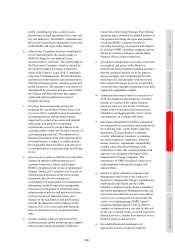 205
205 -
 206
206 -
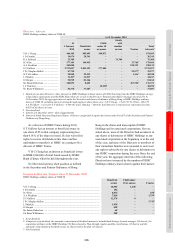 207
207 -
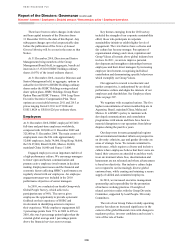 208
208 -
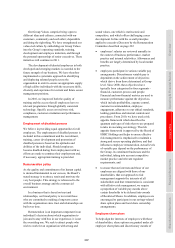 209
209 -
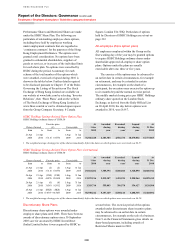 210
210 -
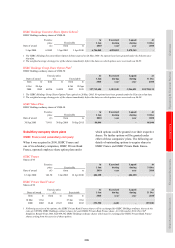 211
211 -
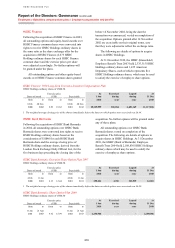 212
212 -
 213
213 -
 214
214 -
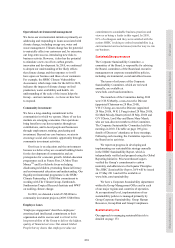 215
215 -
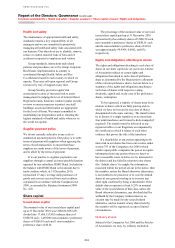 216
216 -
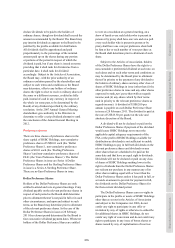 217
217 -
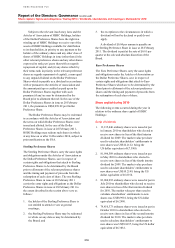 218
218 -
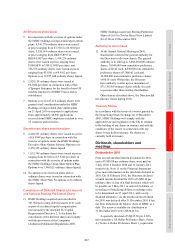 219
219 -
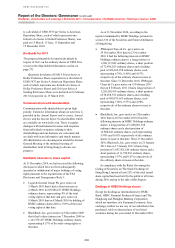 220
220 -
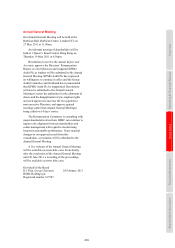 221
221 -
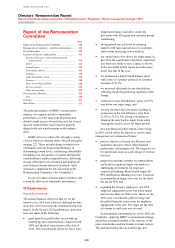 222
222 -
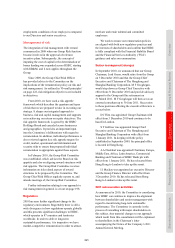 223
223 -
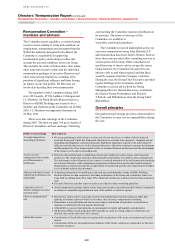 224
224 -
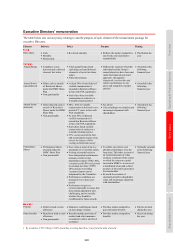 225
225 -
 226
226 -
 227
227 -
 228
228 -
 229
229 -
 230
230 -
 231
231 -
 232
232 -
 233
233 -
 234
234 -
 235
235 -
 236
236 -
 237
237 -
 238
238 -
 239
239 -
 240
240 -
 241
241 -
 242
242 -
 243
243 -
 244
244 -
 245
245 -
 246
246 -
 247
247 -
 248
248 -
 249
249 -
 250
250 -
 251
251 -
 252
252 -
 253
253 -
 254
254 -
 255
255 -
 256
256 -
 257
257 -
 258
258 -
 259
259 -
 260
260 -
 261
261 -
 262
262 -
 263
263 -
 264
264 -
 265
265 -
 266
266 -
 267
267 -
 268
268 -
 269
269 -
 270
270 -
 271
271 -
 272
272 -
 273
273 -
 274
274 -
 275
275 -
 276
276 -
 277
277 -
 278
278 -
 279
279 -
 280
280 -
 281
281 -
 282
282 -
 283
283 -
 284
284 -
 285
285 -
 286
286 -
 287
287 -
 288
288 -
 289
289 -
 290
290 -
 291
291 -
 292
292 -
 293
293 -
 294
294 -
 295
295 -
 296
296 -
 297
297 -
 298
298 -
 299
299 -
 300
300 -
 301
301 -
 302
302 -
 303
303 -
 304
304 -
 305
305 -
 306
306 -
 307
307 -
 308
308 -
 309
309 -
 310
310 -
 311
311 -
 312
312 -
 313
313 -
 314
314 -
 315
315 -
 316
316 -
 317
317 -
 318
318 -
 319
319 -
 320
320 -
 321
321 -
 322
322 -
 323
323 -
 324
324 -
 325
325 -
 326
326 -
 327
327 -
 328
328 -
 329
329 -
 330
330 -
 331
331 -
 332
332 -
 333
333 -
 334
334 -
 335
335 -
 336
336 -
 337
337 -
 338
338 -
 339
339 -
 340
340 -
 341
341 -
 342
342 -
 343
343 -
 344
344 -
 345
345 -
 346
346 -
 347
347 -
 348
348 -
 349
349 -
 350
350 -
 351
351 -
 352
352 -
 353
353 -
 354
354 -
 355
355 -
 356
356 -
 357
357 -
 358
358 -
 359
359 -
 360
360 -
 361
361 -
 362
362 -
 363
363 -
 364
364 -
 365
365 -
 366
366 -
 367
367 -
 368
368 -
 369
369 -
 370
370 -
 371
371 -
 372
372 -
 373
373 -
 374
374 -
 375
375 -
 376
376 -
 377
377 -
 378
378 -
 379
379 -
 380
380 -
 381
381 -
 382
382 -
 383
383 -
 384
384 -
 385
385 -
 386
386 -
 387
387 -
 388
388 -
 389
389 -
 390
390 -
 391
391 -
 392
392 -
 393
393 -
 394
394 -
 395
395 -
 396
396
 |
 |

213
Overview Operating & Financial Review Governance Financial Statements Shareholder Information
Operational environmental management
We focus our environmental initiatives primarily on
addressing and responding to issues associated with
climate change, including energy use, water and
waste management. Climate change has the potential
to materially affect our customers and, by extension,
our long-term success, introducing new risks to
business activity. However, it also has the potential
to stimulate a new era of low carbon growth,
innovation and development. In 2010, we continued
to deepen our understanding of the likely effects
that climate change and the responses to it will
have upon our business and those of our customers.
For example, the HSBC Climate Vulnerability
Assessment, which maps risks for the G20 in 2020,
indicates the impact of climate change on food
production, water availability and health. An
understanding of the scale of the issues helps the
Group – and our customers – to focus on how best
to respond.
Community investment
We have a long-standing commitment to the
communities in which we operate. Many of our key
markets are emerging economies. Our operations
bring benefits to our host countries through tax
contributions, and to local people and businesses
through employment, training, purchasing and
investment. Beyond our core business, we aim to
encourage social and economic opportunity through
community investment activities.
Our focus is on education and the environment
because we believe they are essential building blocks
for the development of communities and are
prerequisites for economic growth. Global education
programmes such as Future First, JA More Than
MoneyTM and Eco-Schools focus on helping
disadvantaged children, promoting financial literacy
and environmental education and understanding. Our
flagship environmental programme is the HSBC
Climate Partnership, a US$100m commitment to
working with The Climate Group, Earthwatch,
Smithsonian Tropical Research Institute and WWF
on tackling climate change.
In 2010, we donated a total of US$108m to
community investment projects (2009: US$100m).
Employee issues
‘Employee engagement’ describes employees’
emotional and intellectual commitment to their
organisation and its success and is critical to the
long-term ability of the Group to deliver the highest
quality of financial services. Our annual Global
People Survey shows that employees value our
commitment to sustainable business practices and
view us as being a leader in this regard. In 2010,
81% of colleagues said they were satisfied with the
actions HSBC is taking to embed sustainability (e.g.
environmental and social issues) into the way we run
our business.
Sustainability governance
The Corporate Sustainability Committee, a
committee of the Board, is responsible for advising
the Board, committees of the Board and executive
management on corporate sustainability policies,
including environmental, social and ethical issues.
The terms of reference of the Corporate
Sustainability Committee, which are reviewed
annually, are available at
www.hsbc.com/boardcommittees.
The members of the Committee during 2010
were N R N Murthy, a non-executive Director
(appointed Chairman on 28 May 2010),
V H C Cheng, an executive Director (appointed
28 May 2010), W K L Fung (retired 28 May 2010),
Sir Mark Moody-Stuart (retired 28 May 2010) and
G V I Davis, Lord May and Dame Mary Marsh,
who are non-director members of the Committee.
The Corporate Sustainability Committee held five
meetings in 2010. The table on page 190 gives
details of Directors’ attendance at these meetings.
Following each meeting, the Committee reports to
the Board on its activities.
We report on progress in developing and
implementing our sustainability strategy annually
in the HSBC Sustainability Report, which is
independently verified and prepared using the Global
Reporting Initiative. PricewaterhouseCoopers
verified the Group’s commitment to carbon
neutrality and adherence to the Equator Principles.
The HSBC Sustainability Report 2010 will be issued
on 27 May 2011 and will be available at
www.hsbc.com/sustainability.
We have a Corporate Sustainability department
within the Group Management Office and in each
of our major regions and countries of operation.
At an operational level, implementation of our
sustainability policies is managed primarily by
Group Corporate Sustainability, Group Human
Resources, Group Risk and Group Compliance.
Sustainability risk
Our approach to managing sustainability risk is
detailed on page 173.
